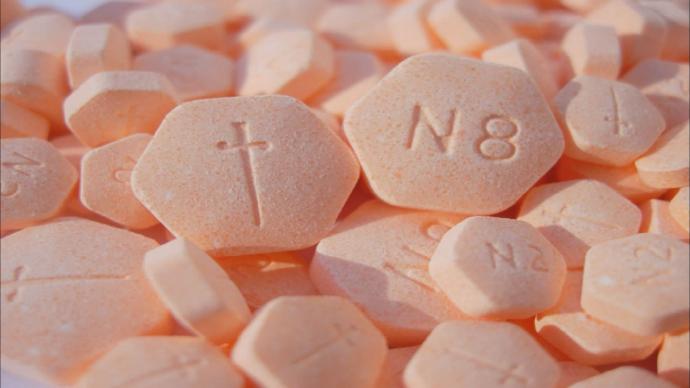Just a month following historic drug policy wins at the ballot box in November, leading public health and criminal justice experts have issued two plans for just New York State reform laws in 2021.
Ending the criminalization of harm reduction equipment and legal restrictions on addiction medication are top priorities for a vast assembly of activists, public defenders and medical professionals, as announced in two coalition’s recently released “roadmaps.”
The first of them, the 2021 Justice Roadmap, was cosigned by numerous organizations including VOCAL-NY and The Bronx Defenders. It calls for the dual decriminalization of syringes and buprenorphine. It also calls for a broader slate of criminal justice reform issues, including decarceration, ending qualified immunity for police officers and removing “predatory” court fees that effectively criminalize poverty.
“The criminalization of drug use has not been an effective method of prevention,” wrote the co-signees. “Instead, it has created more dangerous conditions: enabling police harassment, subjecting more people to the violence of prisons and jails, and putting immigrants at risk of deportation since any arrest is logged in a database accessible by ICE.”
“The criminalization of drug use has not been an effective method of prevention.”
The authors behind the 2021 Justice Roadmap has their eyes on two New York State bills to get the job done. Senate 875/Assembly 1634, first introduced in 2015, would repeal criminal laws prohibiting the possession and sale of hypodermic syringes. Currently, New York State law restricts syringe distribution and possession to authorized organizations and their participants, effectively imposing a narrow reliance on certain services in order to legally access sterile equipment—vital to preventing infectious disease transmission and various life-threatening conditions.
Depending primarily on a state-mediated source becomes a problem when the government, in this case helmed by New York Governor Andrew Cuomo, has been hostile to harm reduction, as evidenced by a growing syringe shortage amid a surge in fatal overdoses and COVID-19 deaths, as well as by the emergence of at least one novel HIV cluster.
The second piece of legislation supported by the 2021 Justice Roadmap is Assembly 101019, a bill introduced in March 2020 amending the state’s controlled substances schedule to exempt from the penal law buprenorphine, an effective medication for opioid use disorder currently considered a schedule III substance. The legislation emphasizes that this change is necessary to “ensure we are not wrongly prosecuting individuals who are attempting to treat an opioid use disorder.” The only other controlled substance enjoying the effectively decriminalized status in the state is cannabis.
Bupe decriminalization will “ensure we are not wrongly prosecuting individuals who are attempting to treat an opioid use disorder.”
The issue of buprenorphine access is a convergence point between the visions of Justice Roadmap and the “National Roadmap on State-Level Efforts to End the Nation’s Drug Overdose Epidemic.” This second roadmap was published by the American Medical Association and legal consulting firm Manatt Health on December 16. An expansion of the original agenda set forth by the two organizations in 2019, it calls for the end to state-level barriers to accessing medications for opioid use disorder.
“[I]t is critical to cover all forms and formulations of MOUD, including methadone, but also to go beyond coverage to eliminate prior authorization and other utilization management strategies that deter the use of medications,” wrote the authors. “There simply is no medical or policy need that justifies delaying or denying access to MOUD—particularly during an epidemic.”
In New York, that means Cuomo must truly end prior authorization prescribing requirements for Medicaid opioid-use-disorder patients, after he brokered a deal in April 2020 amending the state health insurance program’s pharmaceutical formula on the 2020-21 budget that lawmakers hailed as a win for OUD patients, but what one activist calls disingenuous.
“The governor misled us and made us take a bogus deal,” Jasmine Budnella, drug policy coordinator for VOCAL-NY, told Filter in October. “The result of this new formulary is that people who are currently taking the three [OUD] medications that are now non-preferred (and may have been preferred under their managed care plan) will have to switch to a preferred drug or go through a prior authorization process. It is really never a good time to inject confusion and instability into someone’s SUD treatment, but it is particularly bad timing during the pandemic with major access disruptions and skyrocketing overdose rates.”
In August 2020, Cuomo signed into law legislation that clarifies institutions concerned about prosecution for reversing overdoses on their property are indeed covered by the Good Samaritan law. But much work remains to be done on shifting access to material resources. Advocates have laid out clear legislative paths to save lives.
Photograph of Suboxone pills by Soberconnections via Wikimedia Commons





Show Comments